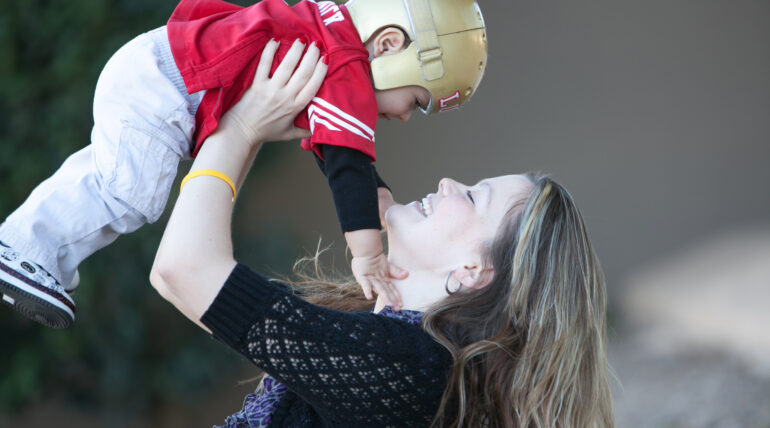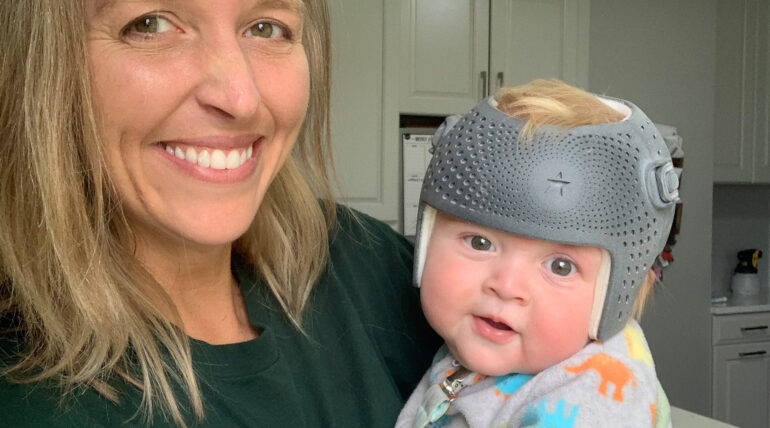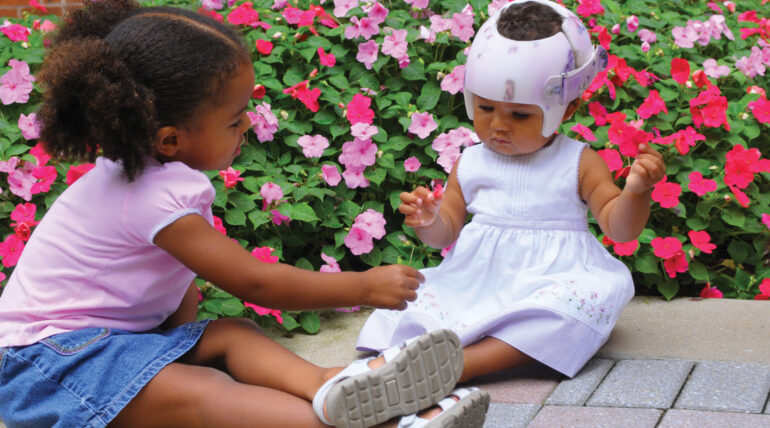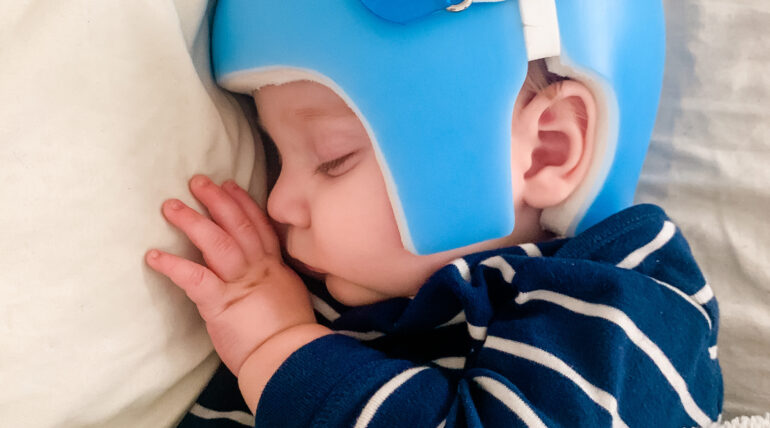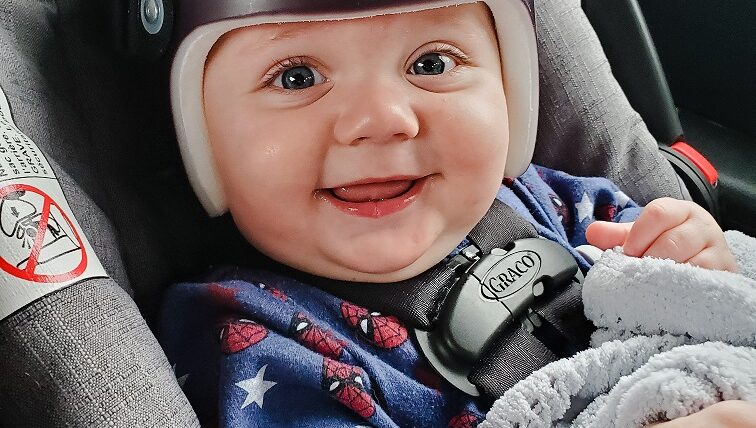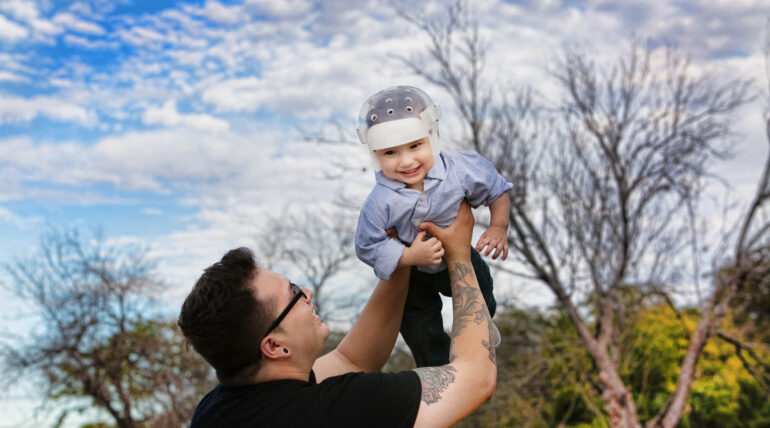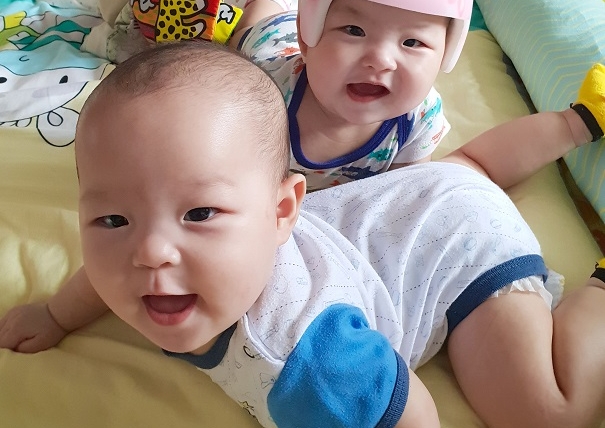One of the most effective strategies to prevent abnormal head shapes in children is to incorporate and master Tummy Time activities when you bring your newborn home. Tummy Time is crucial for an infant’s growth, with the initial three to four months being particularly vital for developing the muscles and coordination needed for future physical milestones like rolling and crawling.…



